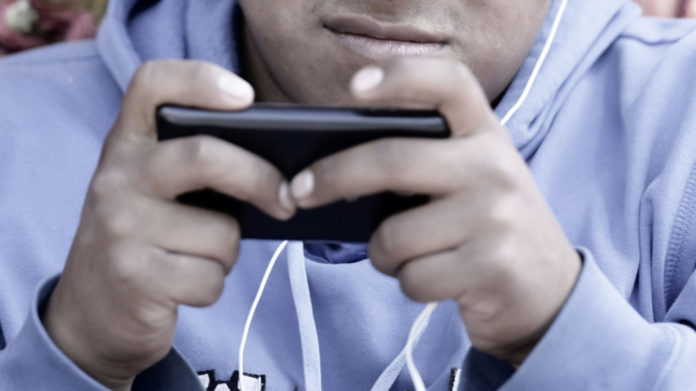App aims to tell friends about Twitter users at risk of suicide

LONDON — A new app has been launched to help people monitor their friends’ tweets for signs of distress or risk of suicide.
When a Twitter user signs up for the the Samaritans Radar app, which the organisation says is still in its infancy, it will monitor the accounts being followed for tweets with worrying language that could indicate that a person is at risk of harming themselves.
Samaritans Press and PR Manager Salimah Lalji told Mashable the app was developed by the charity, which supports people in distress, to respond to the growing number of people turning to social networks and online communities when they feel vulnerable.
When Radar detects language that it believes is concerning it sends a private email to the subscriber prompting them to look at the tweet. The subscriber is then asked to indicate whether they think the tweet is worrying or not. If they indicate that the content is of concern they are given resources for how to engage with the person who sent the tweet. The subscriber is also given contact details for The Samaritans. The organisation itself does not intervene unless it is contacted.
Lalji says the agency worked with two academics to identify the type of language a person who is experiencing suicidal thoughts uses. Examples of phrases include: “I feel worthless,” “there’s no point to live anymore” and “I can’t see the point in going on.” The charity has excluded tweets from a number of organisations who regularly tweet about suicide and mental wellbeing.
The Samaritans says the app is in its first stages and it can’t get it right 100% of the time. Currently, it is having difficulties detecting jokes and sarcasm.
The app is primarily aimed at millennials and others who mainly follow friends rather than use the social network to keep up with news or for networking, Lalji says. For Twitter users who follow people on the network that they don’t know personally, The Samaritans are not necessarily saying people should reach out to people they don’t know, but she says that it’s better to be safe than sorry. “It’s not anything people wouldn’t do in real life,” Lalji says.
Although the Samaritans is a UK- and Ireland-based charity, Lalji says this app isn’t necessarily aimed only at UK Twitter users, although the resources and contact details are UK-focused. “Twitter is global so this is for Twitter users,” Lalji says.
Have something to add to this story? Share it in the comments.
